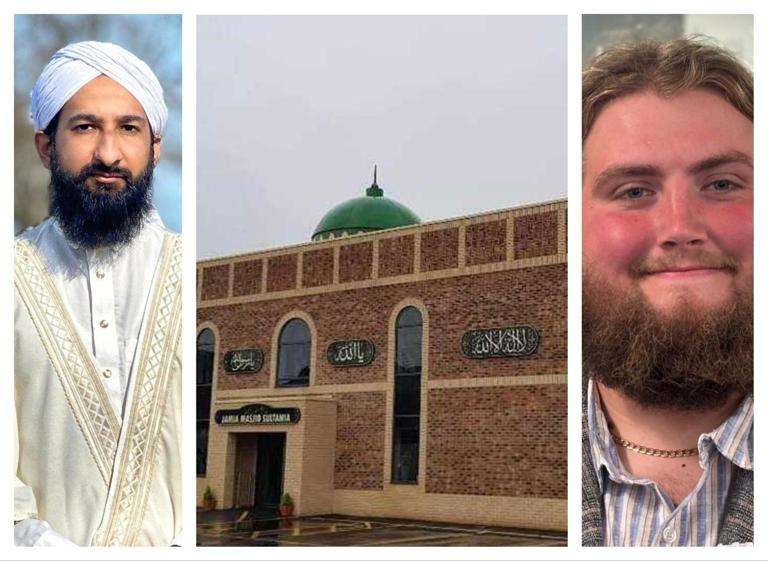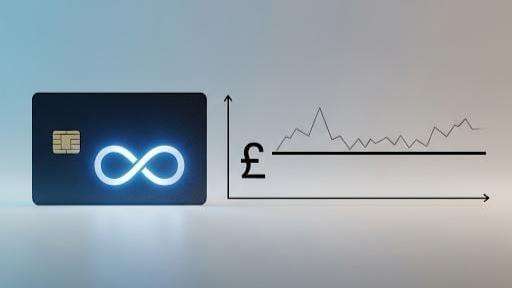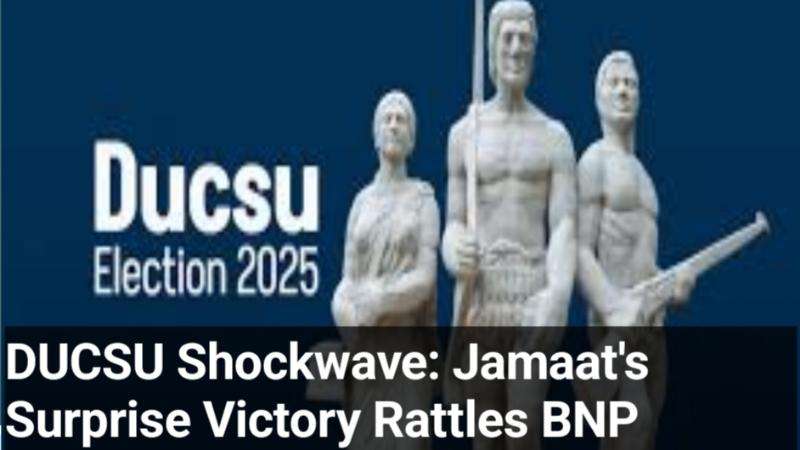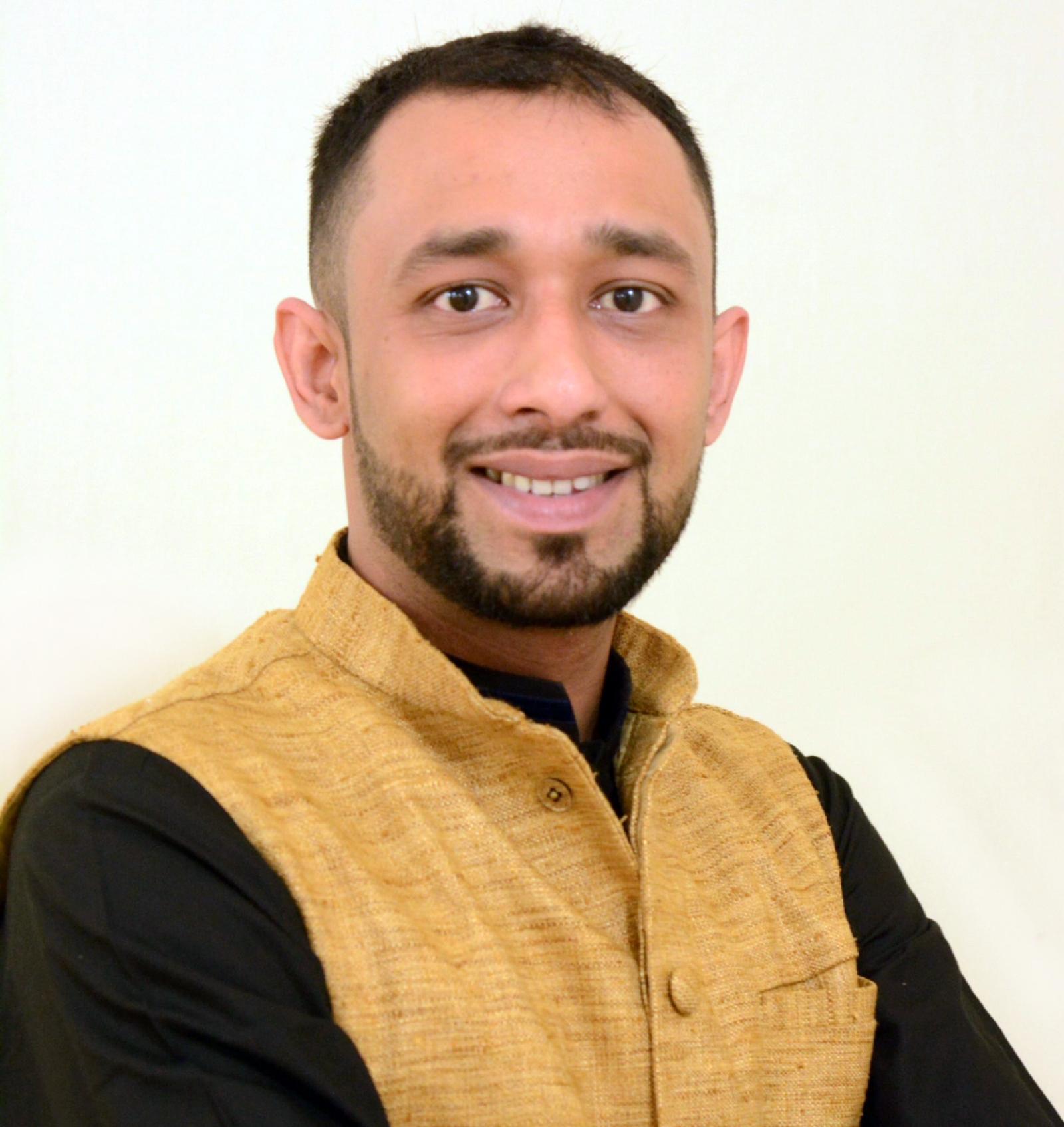Diplomatic Snub or Scheduling Snag? Unpacking the Non-Meeting Between UK PM and Bangladesh's Interim Leader
Intense speculation and diplomatic analysis have begun following the unconfirmed potential meeting between British Prime Minister Sir Keir Starmer and Bangladesh's interim chief advisor, Dr. Muhammad Yunus.
Whether a meeting between Dr. Yunus and the British Prime Minister materializes or not is not, in fact, a determinant or standard of Dr. Yunus's success or failure.
Dr. Yunus's team initially labeled the trip a "state visit" and hinted at a bilateral meeting with the British Prime Minister. However, current reports suggest no such meeting was definitively scheduled, raising questions about diplomatic maneuvering, political influence, and the true purpose of Dr. Yunus's international engagements.
The Unscheduled Meeting: A Web of Possibilities
The primary reason cited for the unconfirmed meeting is the British Prime Minister's busy schedule. Dr. Yunus was in the UK to receive the 'King Charles III Harmony Award 2025' and participate in other high-level discussions. However, the Prime Minister's Office did not confirm any specific bilateral meeting. Dr. Yunus's press secretary stated that they would "keep trying" and that a meeting "could take place" if time and opportunity permitted, indicating it was never a firm plan.
However, the absence of a confirmed meeting has led to various interpretations, especially in the context of Bangladesh's volatile political situation.
The Tulip Siddiq Factor: A Family Affair?
One prominent theory is the influence of Tulip Siddiq, a close and neighbor Labour MP to Prime Minister Starmer and niece of former Bangladeshi Prime Minister Sheikh Hasina. Siddiq recently resigned from a UK government post following allegations of political and financial ties with Sheikh Hasina's ousted Awami League party, and the interim government of Bangladesh has brought corruption charges against her.
Siddiq publicly requested a meeting during Dr. Yunus's London visit to "clear up misunderstandings" about these allegations. While her meeting request letter was published, Dr. Yunus's press secretary denied receiving it.Despite this, her letter was neither courteous nor diplomatically appropriate. Given her close relationship with Starmer and Dr. Yunus's political rivalry with her family, her concerns or the complexities surrounding her may have influenced the UK government's approach to the interim leader's visit. Her presence creates a sensitive political issue for both Starmer and Yunus, potentially leading to a cautious approach to direct bilateral engagement.
It's not known that the current British Prime Minister had any prior personal closeness with Dr. Yunus. Dr. Yunus has spoken about corruption allegations concerning Tulip Siddiq, a long-time political confidante of the British Prime Minister. Amidst this bitterness, the British Prime Minister perhaps did not wish to upset his long-time ally Tulip by having a short meeting with Yunus.
It does not appear that Bangladesh took the necessary steps to arrange a meeting with the British Prime Minister as the head of the Bangladeshi government. Team Yunus failed to demonstrate any diplomatic prowess to transform this visit, primarily for Dr. Yunus to receive an award, into a bilateral one.
The British Prime Minister likely did not consider that a non-meeting with Dr. Yunus would significantly impact UK-Bangladesh bilateral relations. This is because might Dr. Yunus is a short-term, unelected head of government, and his administration is weak, not strong.
While there are BNP, Awami League, and Jamaat supporters in all British parliamentary constituencies, Dr. Yunus does not have similar support.
Among the four British MPs, excluding Tulip, the other three were expected to meet Dr. Yunus, but Rushanara Ali was not seen on the scene. The All-Party Parliamentary Group on Bangladesh, led by Apsana Begum, met with Dr. Yunus. She lacks even a minimal position on the party's policy. Her name was never in the current British Prime Minister's good books. Rupa Huq recently visited Bangladesh and, upon her return, spoke strongly in favor of the Dr. Yunus government. It was thought that she would be able to play a significant diplomatic role in Dr. Yunus's UK visit. But visibly, she could not do anything.
The UK Awami League sent hundreds of emails to all the places in London where Yunus had programs, attempting to cancel them, although it is not known if this was a contributing factor.
Awami League's Lobbying Efforts: Did They Work?
Adding another layer of complexity, a group of less known so called EU leaders and UK branch of the Awami League sent several letters to Downing Street, the Speaker of the House of Commons, urging British officials not to legitimize Dr. Yunus's "unelected and unconstitutional administration."
This explicit appeal from the Awami League to the British government, highlighting concerns about democratic values and legitimizing an interim setup, may have contributed to the UK's cautious stance on a high-level bilateral meeting. This strong lobbying effort, even from a less prominent branch of the party, could align with the British government's stated commitment to democracy and the rule of law. If the meeting was indeed canceled or not scheduled due to these concerns, it could be seen as a significant, albeit indirect, success for Sheikh Hasina's party in their ongoing struggle against Dr. Yunus's government. Hasina's party demonstrated their financial power by parading digital billboards on large vans through the streets of London, displaying messages against Dr Yunus.
"State Visit" or Personal Honor? Diplomatic Inconsistencies
The description of Dr. Yunus's visit is another point of contention. While his team initially termed it a "state visit," the primary purpose of the trip was to receive the 'King Charles III Harmony Award.' A state visit typically involves a head of state and entails the highest level of formal diplomatic engagements. The ambiguity surrounding the meeting with the Prime Minister, despite the award ceremony being a central event, suggests that the "state visit" designation might have been an attempt to inflate the perceived diplomatic importance of the trip. This inconsistency could be interpreted as a misrepresentation, or at least, an exaggeration of the formal nature of the visit.
Diplomatic Implications for the Yunus Government
If the British Prime Minister's decision not to have a bilateral meeting was deliberate, it could be seen as a diplomatic setback for Bangladesh's interim government. Sheikh Hasina's party, especially amidst ongoing concerns regarding democratic transition and human rights. Such a perceived snub could weaken Dr. Yunus's international standing and provide an advantage to the Awami League, which is actively campaigning against his government.
In contrast, most of the community leaders who supported and attempted to surround Dr. Yunus in London during this trip are known to be ostracized and controversial figures from various parties.
Dr. Yunus's Extensive Foreign Travel: State Achievement or Personal Networking?
The issue of Dr. Yunus's extensive international travel has also been highlighted; he has visited 12 countries in just 10 months, incurring significant costs for the Bangladeshi government. Although the interim government's press secretary stated that these visits aimed to enhance bilateral relations, economic cooperation, trade, and investment, questions have arisen about the tangible achievements for Bangladesh. For example, there have been recent reports of securing $2.1 billion in commitments and duty-free access benefits from a trip to China. However, some critics, particularly those associated with the Awami League, believe that many of these visits are primarily for Dr. Yunus to "re-establish personal connections" and consolidate his international profile, without yielding specific benefits for the country. From this perspective, the current UK visit, which highlights a personal award, could also be viewed in the same light.
The absence of a confirmed bilateral meeting between the British Prime Minister and Bangladesh's interim leader is more than just a scheduling conflict. It reflects a complex interplay of internal Bangladeshi politics, personal rivalries, diplomatic lobbying, and the delicate balance of international recognition for an unelected government. This incident has undoubtedly added another layer to Bangladesh's ongoing political drama and raised questions about the efficacy of Dr. Yunus's foreign policy initiatives.
Dr. Yunus's inability to secure this meeting will undoubtedly disappoint his supporters. In Bangladesh's future politics, this will not add to his success. It bears repeating that there is a vast distance between a Nobel laureate, NGOs, microcredit, and politics. How much meaningful reform has taken place in Bangladesh during his tenure in the past ten months? The old American attempts to draw Nobel laureates into politics in various countries have largely failed everywhere. I personally believe his efforts are better spent in Bangladesh, rather than coming to London for an award. However, if Dr. Yunus fails to oversee an interim government in Bangladesh and arrange a neutral election, that failure will be borne by the entire nation, and we should remember this. Similar to many individuals, I continue to harbor still hope that Dr. Yunus's positive endeavors, even in part, combined with a truly free and and impartial election, will possess considerable significance, unless those who have gravitated towards him ultimately lead him to complete failure.


_9.jpg)





.svg)

